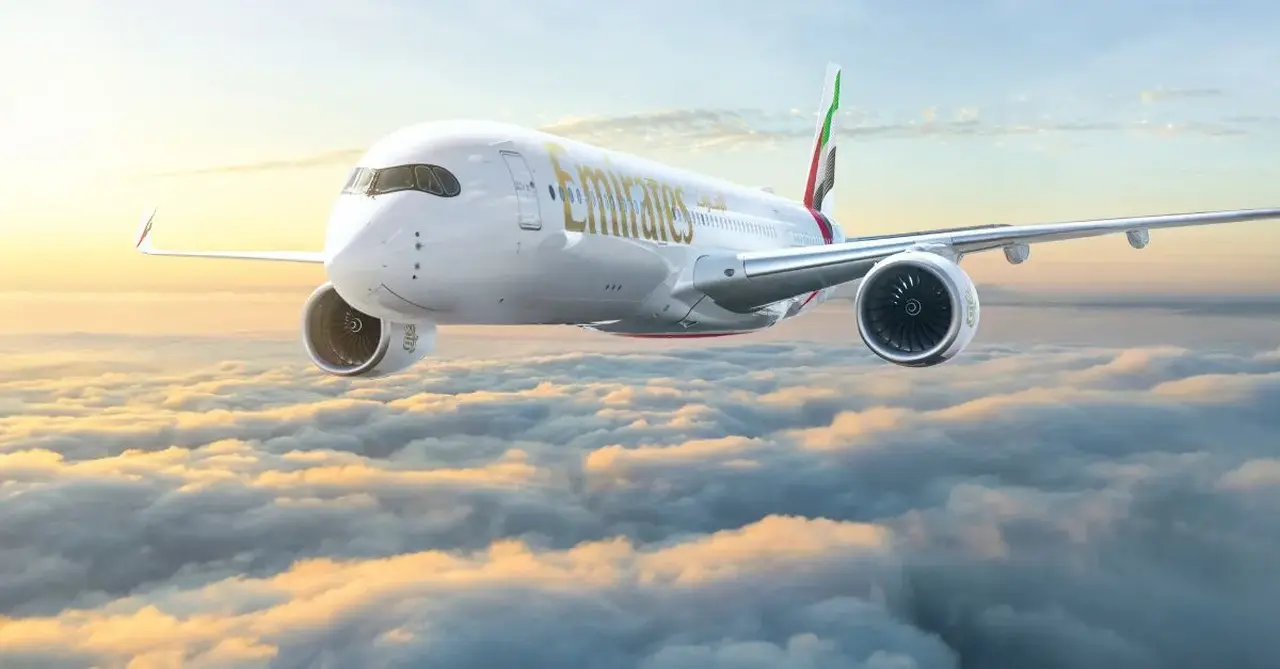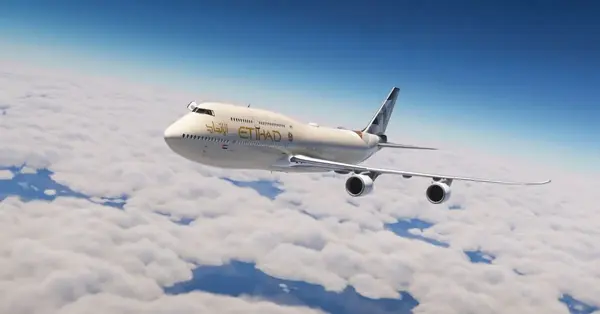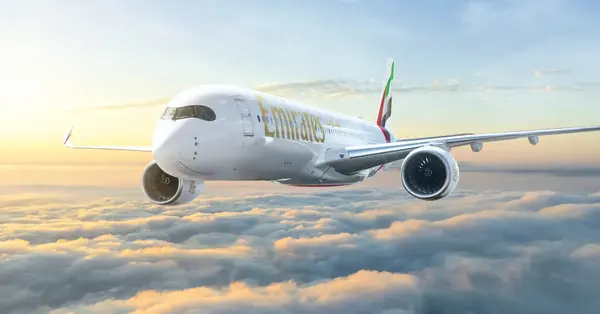Middle East leads global luxury air travel
IATA reports 14.7% of regional travellers choose premium, more than double the world rate

The Middle East is rewriting the rules of luxury air travel, with nearly one in seven travellers opting for business or first class — a striking 14.7% premium passenger share, the International Air Transport Association’s (IATA) 2024 World Air Transport Statistics report shows.
That figure is more than double the global average of just 6%, based on data from some 240 international airlines.
Globally, premium-class travel grew 11.8% in 2024, narrowly outpacing the 11.5% increase in economy, with 116.9 million passengers choosing to elevate their cabin experience.
Europe still leads in total numbers with 39.3 million premium passengers, while Asia Pacific took the crown for growth, climbing 22.8% to reach 21 million.
Yet nowhere matches the Middle East for its deep-rooted appetite for luxury in the skies, where airlines compete vigorously to attract front-cabin passengers.
RELATED:
Dubai-based Emirates unveils luxury First Class upgrades
Dubai-based Emirates becomes world’s most profitable airline
Saudi Arabia’s Riyadh Air reveals interior cabin designs
Leading the charge is Dubai-based Emirates, the world’s largest First Class operator with 26,800 seats a week.
The airline, which recently reclaimed its title as Best Long Haul Airline at the Telegraph Travel Awards 2025, continues its investment in upgrading First Class facilities, from revamped suites and enhanced dining to the recent introduction of gloved service.
Emirates First Class customers can enjoy access to 43 luxury lounges worldwide and chauffeur-driven, door-to-door transfers in many destinations.as well as Shower Spas and exclusive onboard lounges on the A380 and First Class Game Changer Suites onboard the Emirates Boeing 777 – think floor-to-ceiling doors, seats that convert to ’zero gravity’ setting and a video call for room service.
A new First Class check-in lounge at Dubai International Airport (DXB) is the latest move in a strategy to reinforce its dominance, as rivals Etihad (Abu Dhabi) with its ultra-luxe multi-room Residence suite, and Qatar Airways, with its acclaimed QSuite, push the limits of what’s possible at 35,000 feet.
You have viewed both of your 2 free articles this month as an unregistered user
To continue reading, please register with Connecting Travel free of charge, or if you have already registered click here to login
















